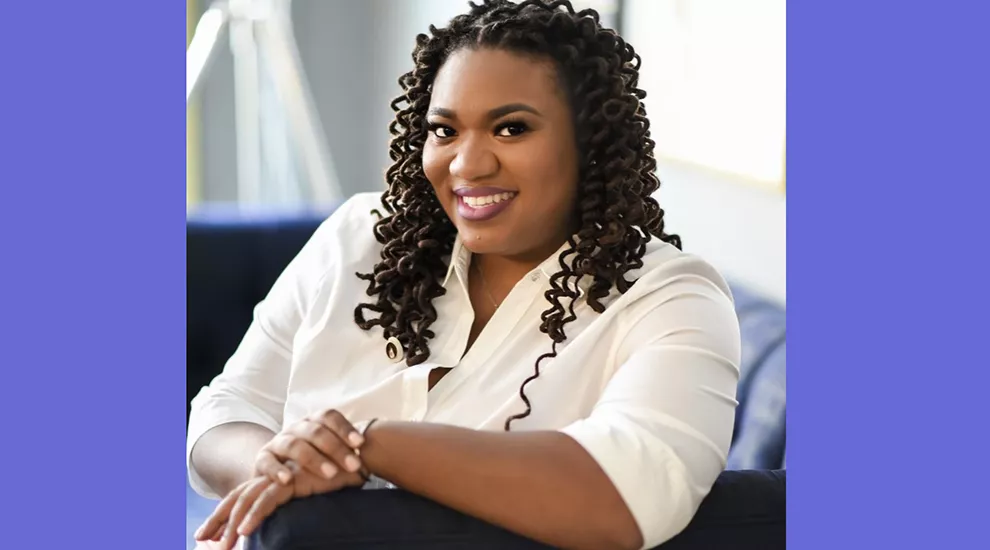
Every child deserves the absolute best start in life. As a family medicine physician who provides prenatal care and delivers babies, I have found that it is never too early to start thinking about your child’s future. Every child develops differently, but we do have some predictors of a healthy and thriving childhood. Here are the top 10 ways you can support your developing child:
- Self-care. Have you heard the phrase “put your oxygen mask on first” when boarding a plane? Taking good care of yourself mentally, physically, and emotionally makes you a better caregiver. Modeling good habits will create a stable, healthy environment for your child to grow and develop their own healthy habits.
- Prenatal care. Yes, childhood development starts in the womb. Having a doctor or midwife monitor your baby’s progress during the pregnancy can lead to prevention or early detection of complications that could affect your baby’s long-term health. Reading, speaking to, and playing music for your baby in the womb can also stimulate bonding and brain development.
- Bonding from birth. This includes skin-to-skin cuddling, soothing crying babies, and showering them with love. There is no such thing as “spoiling” a newborn baby; responding to their needs immediately makes them feel safe and cared for.
- Reading. Studies show that babies and children who are read to nightly are more likely to have higher IQs. Children who start kindergarten with good reading and numeric skills are more likely to perform above average for their entire school career.
- Playing. Children explore the world through play. Those who enjoy interactive, creative play are more likely to have well-developed social and language skills. Let them build blocks, draw, and play make-believe.
- Attention. Actively engage your child. Giving them your undivided attention lets them feel important, valued, and respected. This builds trust, confidence, and self-worth.
- Limit screen time. Put down the cellphones and tablets and engage with your child face-to-face. For children 0-18 months, there should be no screens. From 18 to 24 months, you can introduce high-quality educational videos, but even those should be limited to 1 hour or less each day. After 24 months, the limit can be increased to 2 hours or less.
- Open classroom. Turn everything into learning – encourage them to count their peas, read the labels while you are cooking, and read street signs. Even walking a nature trail can teach them about the environment.
- Structure and discipline. Children thrive in structure. Creating routines as early as possible creates a sense of safety and responsibility. Every child needs a set bedtime, age-appropriate chores, and a consistent daily routine. Routine relieves them of the stress of unpredictability.
- Pediatric care. Taking your child to their pediatric appointments is important for monitoring their growth and development. Many physicians use the Ages & Stages® Questionnaire (link: https://agesandstages.com/developmental-milestones-articles/) to screen for milestones. Each questionnaire assesses development in the areas of: Communication, Gross Motor, Fine Motor, Problem Solving, and Personal-Social skills. These questions help us detect areas where we may need to intervene early to the support the child and family.
As you can see, you do not need any special tools or even a lot of money to give your baby the best start in life. Giving them an abundance of love, exploration, and room to grow is more than enough.
Bio: Dr. Kari-Claudia Allen is a board-certified family medicine physician, professor, motivational coach, author, and community activist. She attended North Carolina Central University in Durham, NC and obtained her MD and Master of Public Health at Boston University School of Medicine in 2013. She completed her residency training at the University of South Carolina Family Medicine Residency Program, and currently serves there as the Assistant Program Director. She is also CEO & Founder of Envision, a wellness organization through which she recently published the Envision Journal, a journal that helps individuals achieve mind, body, and spirit alignment through self-care and creative writing. Her research and policy interests are in maternal mortality, bias and antiracism, mindfulness, and holistic wellness. She is a member of Delta Sigma Theta Sorority, and serves on various community boards in Columbia, South Carolina. She can be found at www.drkarimd.com and @drkarimd on all social media platforms.
